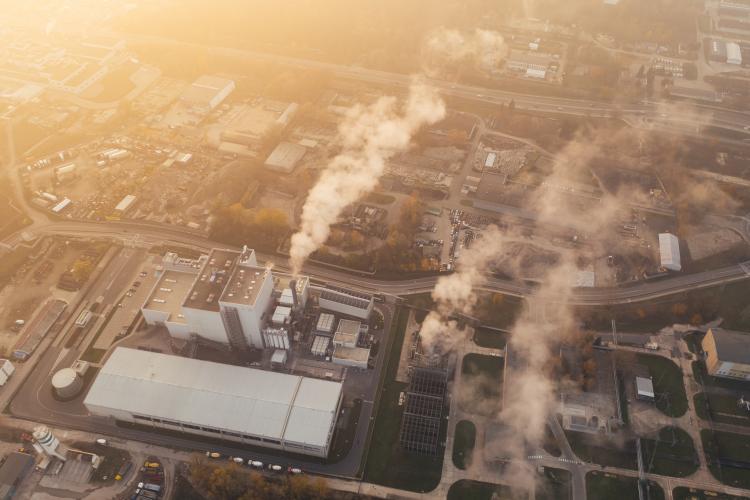
EU’s carbon border tax: The Indian government has disapproved of the European Union’s Carbon Border Adjustment Mechanism (CBAM). The country perceives it as a double-punishment and discriminatory trade barrier. Finance minister Nirmala Sitharaman highlighted that the EU introduced the measure just as both economies strive to decarbonise their industries. She posed the question: as both nations transition and invest in green assets, is it just to penalise the developing world for a process that is still ongoing globally? The Indian government has voiced its concerns over CBAM to the EU and is contemplating filing a complaint with the World Trade Organisation (WTO) against this unilateral move.
Reports suggest that Indian steel exports to Europe could be severely impacted by the CBAM due to the country’s relatively carbon-intensive production methods compared with competitors like China and South Korea. Global Trade Research Initiative (GTRI), a New Delhi-based think tank, noted that CBAM poses a significant challenge to India’s metals industry. In 2022, the EU accounted for more than a quarter of India’s iron, steel, and aluminium exports worth around $8.2 billion. Estimated carbon levies for iron ore and steel range between 19.8% and 52.7%. Beyond steel, engineering products — India’s fastest-growing exports — are also likely to be affected by CBAM.
READ | Millets present sustainable solutions for food security
New Delhi has prioritised addressing risks from CBAM. India is not alone in its scepticism; China, Indonesia, and South Africa have also questioned EU’s measures like CBAM and the Deforestation Act at the WTO.
What is carbon border tax?
CBAM mandates rigorous reporting of carbon emissions for exports like cement, iron and steel, aluminium, fertilisers, and electricity imported into Europe. The World Economic Forum identifies its primary goal as preventing carbon leakage — where EU manufacturers shift carbon-intensive production to nations with laxer climate policies. CBAM also aims for a 55% net reduction in greenhouse gas emissions by 2030.
In May, the European Commission endorsed CBAM, framing it as an essential tool for assigning a fair price to the carbon emitted during the production of imported goods. The goal is to motivate cleaner industrial production outside the EU. While a reporting system under this regulation will be effective from October 1 for certain goods, importers will begin financial contributions in 2026. They will also need to buy CBAM certificates, priced based on existing EU carbon rates.
Yet, the Indian government interprets this as a threat to its industry. The government has pledged to shield its industry from the potential repercussions of CBAM. Sitharaman remarked that the EU’s initiative may hinder India’s green efforts, as funds redirected towards the carbon tax could have been used for sustainable advancements. She urged Europe to recognise India’s concerns, cautioning that other nations might not look favourably upon them.
Given India’s growing concerns about CBAM, discussions between Indian officials and the European Commission have commenced. India and the EU, long-standing partners, inaugurated a Trade and Technology Council the previous year. At the EU’s Trade Policy Review, India observed the positive trajectory of bilateral economic ties, but also noted lingering issues.
India faces a delicate balancing act, needing to articulate its concerns without alienating key international partners. While major businesses are gradually adopting greener technologies, smaller entities, especially those reliant on technologies like blast furnaces for steel production, will need more time to adapt.
With its G20 presidency, India can amplify the concerns of the Global South. Unwilling to be overshadowed, India might contemplate imposing retaliatory tariffs on EU goods. India might also rally other nations against the EU’s carbon tax system, considering the challenges CBAM presents to less affluent countries.
The EU must remember that global energy transitions towards low-carbon pathways require substantial funding. Achieving immediate green transformation is easier said than done. The international community must remind the EU of its pledge to contribute $100 billion annually to aid developing nations in their climate initiatives, especially if Europe seeks to lead global climate objectives.
Anil Nair is Founder and Editor, Policy Circle.

